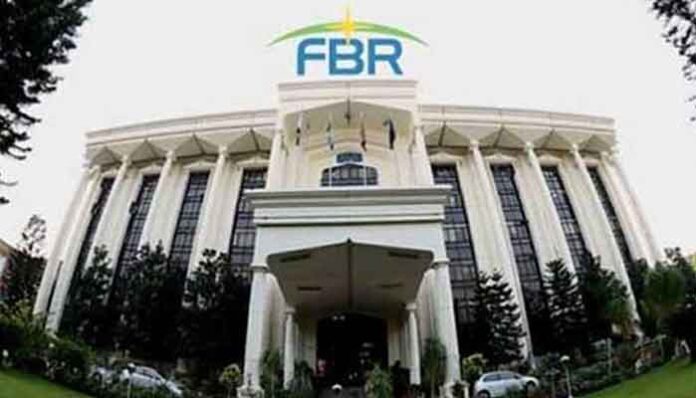ISLAMABAD: The federal government has promulgated the “Tax Laws (Amendment) Ordinance, 2025” to expedite the recovery of taxes from taxpayers.
The new ordinance empowers the Federal Board of Revenue (FBR) to immediately recover taxes through the attachment of bank accounts, movable and immovable properties, and the sealing of business premises without any prior notice once a decision is made by higher courts.
The ordinance also grants FBR the authority to deploy tax officials at manufacturing and business premises to monitor production, supply, and stock of unsold goods. According to tax experts, taxes will become immediately payable following decisions by the High Court or Supreme Court, overriding any timelines set by other laws or judgments.
The amendments made in the ordinance are applied to the Income Tax Ordinance, 2001, and the Federal Excise Act, 2005. Specifically, the ordinance alters Section 138 (recovery of tax from property and taxpayer arrest) and Section 140 (recovery of tax from individuals holding money on behalf of a taxpayer).
A tax expert explained that under the new amendment, when a court issues a tax judgment, it can no longer suspend tax recovery while a taxpayer lodges an appeal. The tax assessed is immediately recoverable or recoverable upon the expiry of time specified in the notice, irrespective of other legal timelines.
The amendments aim to expedite tax recovery processes for cases where decisions by the High Courts and Supreme Court are made against taxpayers. For instance, the Islamabad High Court (IHC) ruling in the Pakistan LNG case had been a barrier to the recovery of taxes, including a pending amount of Rs 5-6 billion from a telecom company.
Following the promulgation of the new ordinance, the FBR is authorized to attach bank accounts immediately after the court’s decision.
Tax experts view the new powers granted to the FBR as potentially detrimental to both local and foreign investment in Pakistan, as they limit taxpayers’ ability to challenge tax recovery actions. These experts argue that the coercive measures could damage public trust in the tax system, as they bypass due process and established legal protections for taxpayers.
The ordinance grants powers for the monitoring of goods and services at business premises and the enforcement of tax duties under the Federal Excise Act, 2005. Under the new provisions, the FBR can post officers to monitor production, supply, and the stock of goods, including counterfeit goods, subject to conditions specified by the board.
Senior tax lawyer Waheed Shahzad Butt criticized the government’s move, stating that the amendment undermines the rule of law and taxpayer rights. Butt emphasized that the IHC’s Pakistan LNG case judgment, which mandated due process, should be upheld to protect taxpayers from arbitrary enforcement.
The new ordinance bypasses procedural fairness and could lead to arbitrary tax enforcement, according to Butt, which could harm businesses and individuals who are left vulnerable to unjust recovery actions without prior knowledge or recourse.
The Tax Laws (Amendment) Ordinance, 2025, states that the tax payable will become immediately recoverable upon the decision of a High Court or Supreme Court, overriding any other provisions, decisions, or judgments.




